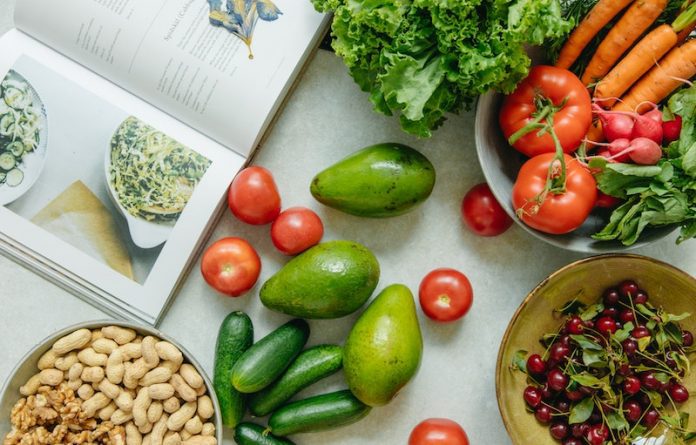
Scientists from the Tehran University of Medical Sciences found that eating the DASH diet for a long time is linked to about 30% lower risk of breast cancer.
Breast cancer is the second most common cancer among women in the United States.
Breast cancer is a disease in which cells in the breast grow out of control. There are different kinds of breast cancer. The kind of breast cancer depends on which cells in the breast turn into cancer.
The Dietary Approach to Stop Hypertension (DASH) eating pattern has been recommended as a healthy dietary plan.
The diet emphasizes fruits, vegetables, and low-fat dairy products, which include whole grains, fish, poultry, and nuts but limits saturated fat, red meat, sweets, and sugar-containing beverages.
However, evidence on the association between the DASH diet and breast cancer is limited.
In the current study, researchers aimed to examine the association between the DASH diet and the risk of breast cancer.
They tested 477 people with confirmed breast cancer and 507 healthy people. A validated 168-item Food Frequency Questionnaire was used to assess the diets of participants.
In the total population, patients with breast cancer were slightly older, had slightly higher BMI, and were less physically active than controls.
The team found that adherence to the DASH diet strongly reduced breast cancer risk in the total population.
Even after controlling for more factors, the greatest adherence to the DASH diet was linked to a 34% reduction in the risk of breast.
In younger women, adherence to the DASH dietary pattern was linked to a 32% reduction in breast cancer risk. This risk reduction was 38% in older women.
Based on the findings, the team suggests that adherence to the DASH diet could be linked to about a 30% reduction in the risk of breast cancer.
However, they suggest further studies, in particular studies with a prospective design, are required to confirm this claim.
The research was published in Clinical Breast Cancer and conducted by Fatemeh Toorang et al.
Copyright © 2022 Scientific Diet. All rights reserved.








